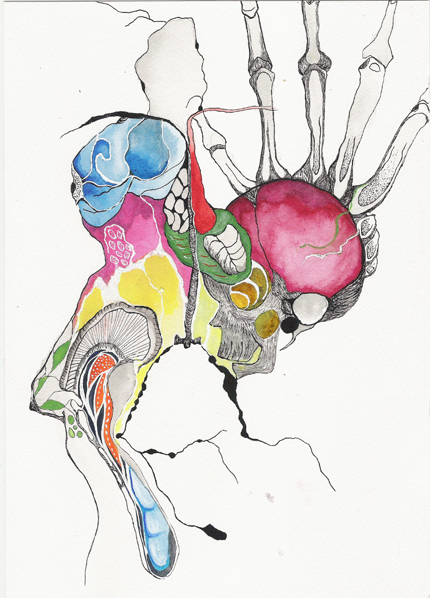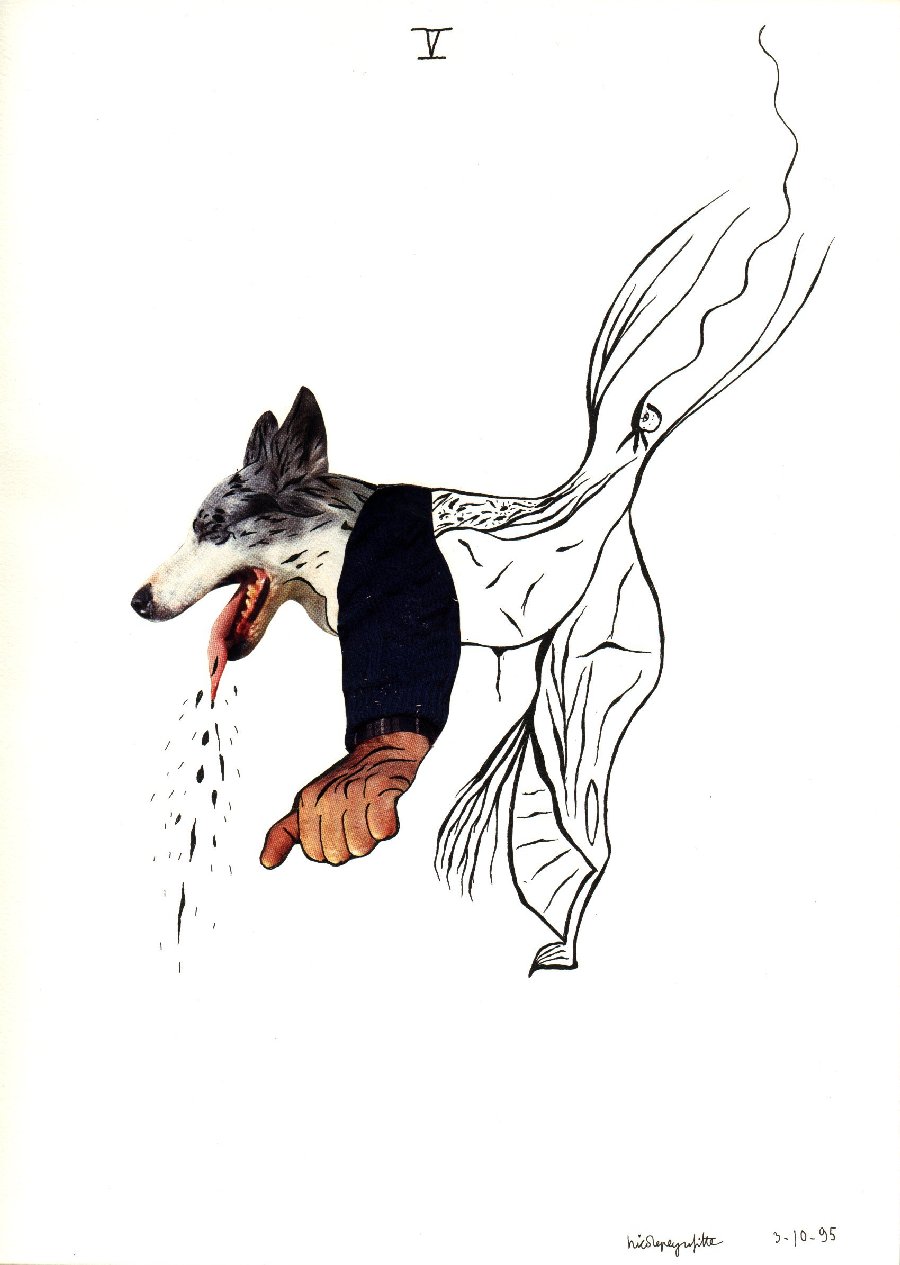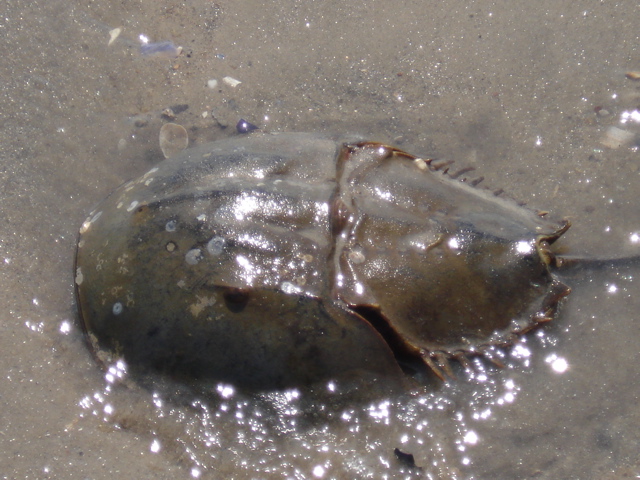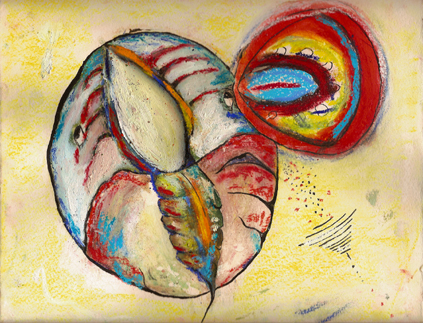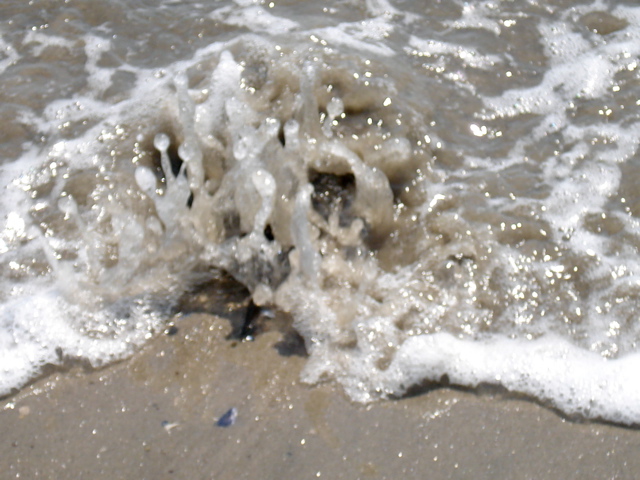Mike Bisio and I whipped cream at Justin’s on Thursday night. We had a big, wonderful and most of all very attentive crowd. The best audience I ever had at Justin’s so far. We mostly performed originals, contemporary poems with only a dash of French songs and jazz standards. Mike played two incredibly moving solos, one was John Coltrane’s Alabama & the second was a piece he created on September 11th, 2001 – as he was in the studio that day. By the way Mike Bisio will be playing next Saturday, 9/20 at The Clean Feed Fest at the Living Theatre with Basso Continuo : Stephen Gauci, Nate Wooley, Ken Filiano and Mike Bisio. Starts at 9pm. I will be there!
I also wanted to note that on Wednesday my younger son Miles Joris-Peyrafitte had his first solo public appearance as a singer/songwriter at the famous Tess’ Lark Tavern open mike hosted by the rock goddess of Upstate New York: Mother Judge. Miles did very well: he also accompanied me on guitar on my song the Brooklyn Bridge & on a poem by his father, Pierre Joris. After that he played drums for his long time friend, the very talented Lindsey Rogowski.
One of the poems Mike Bisio and I performed on Thursday was by Mustafa Benfodil. I met Mustafa at the Festival “Voix de la Méditéranée” in Lodève and really liked his work. With his permission I would like to post the poem I translated and performed with Mike Bisio on Thursday. Voilà for now, enjoy this short, but intense poem and THANK YOU so much if you were in the audience on Thursday & always THANK YOU to the wonderful crew at Justin’s for their graciousness –and I know this week was very hard for them as their were dealing with the sudden loss of one of their very dear co-worker. Merci à tous!
Lune de miel à Baghdad
Nous nous sommes connus à Gaza
Nous nous sommes aimés à Ramallah
Nous nous sommes embrassés à Beyrouth
Nous nous sommes mariés à Alger
Nous nous sommes envolés à Baghdad
Nous sommes morts sous les bombes
Et nos coeurs ont fondé une ONG
Pour la protection des amours à haut risque
Et la continuation de la passion sous les tombes!
Honey moon in Baghdad
We met in Gaza
We loved in Ramallah
We kissed in Beirut
We wed in Algiers
We flew to Baghdad
We died under the bombs
& our hearts founded a NGO
for the protection of high risk love
& the continuation of passion under the tombs!
Poem by Mustafa Benfodil translated by Nicole Peyrafitte


